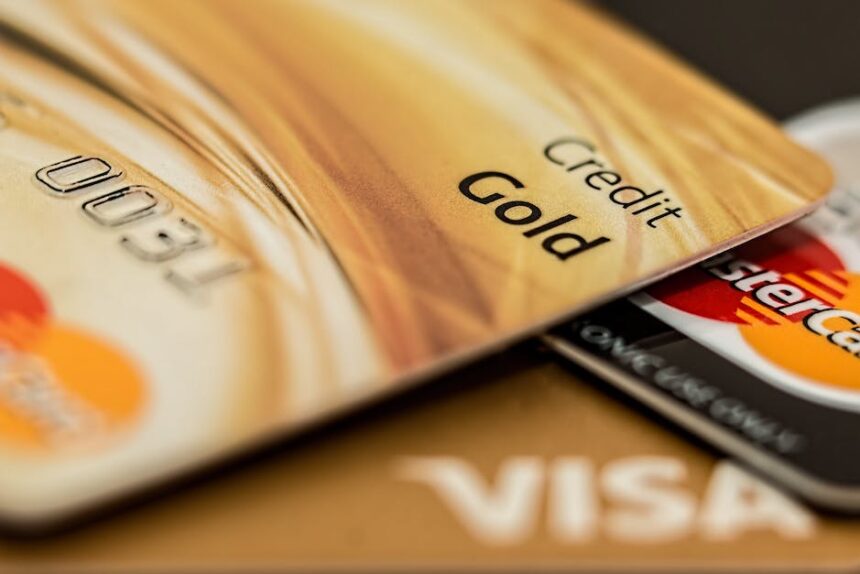7 Tips For Effective Credit Repair
Good credit is essential in the modern world. Without it, you’ll have difficulty taking out a loan, getting a credit card, and even renting an apartment. That’s why it’s important to take the necessary steps to repair bad credit. Here’s a look at seven tips for effective credit repair.
1. Check Your Credit Reports
The first step is to take a look at your credit reports from all three major credit bureaus, Experian, TransUnion and Equifax. Under the Fair Credit Reporting Act, you can access these reports once per year. Checking your credit reports allows you to identify any mistakes, such as incorrect information, fraudulent activity, or duplicate accounts.
2. Dispute Visible Errors
If you find any errors on your credit reports, you should take the necessary steps to dispute them. You’ll need to provide the credit bureau with documentation that proves the error is incorrect. This could include a canceled check, bank statement, or document from a creditor. Once the credit bureau receives your dispute letter, it has 30 days to investigate.
3. Negotiate With Creditors
If you’ve been late on payments, you might consider negotiating with your creditors. You might be able to agree on a payment plan, or even have certain fees and interest rates waived. This is also a good time to restructure and consolidate your debt. Doing so could make it easier to keep track of your payments and budget accordingly.
4. Make On-Time Payments
Once your finances are in order, it’s time to start making your payments on time. You should also prioritize paying off high-interest debt first, and make sure your payments don’t exceed your available credit limit. Doing so can help reduce your credit utilization ratio, which is a factor in your credit score.
5. Ask For Removals
If you’ve successfully paid off a collection account or have settled it, you might be able to ask the creditor for a goodwill deletion. This means you can request they delete any negative information from your credit report. This is an important step that can help increase your credit score.
6. Pay Down Credit Card Balances
Your credit card balance can also have a negative impact on your credit score. That’s why it’s important to pay down your outstanding credit card balances as soon as possible. Doing so not only gives you added financial breathing room, but it can also drastically improve your credit score.
7. Monitor Your Credit Reports
Once you’ve completed these steps, you should continue to monitor your credit reports for any additional errors. Doing so allows you to stay up to date and take corrective action in a timely manner. And of course, it’s advisable to maintain good financial habits going forward.
With these seven tips, you can get your credit back on the right track. Credit repair doesn’t happen overnight, but with patience and diligence, you can make sure your credit score is in top shape.

